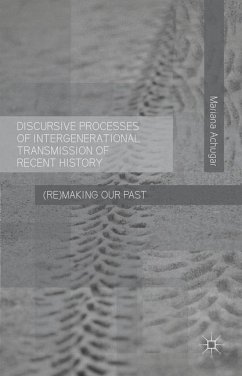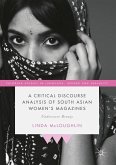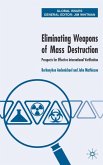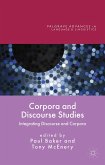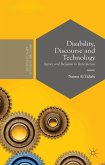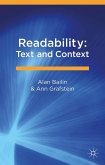Debates about how to remember politically contested or painful pasts exist throughout the world. As with the case of the Holocaust in Europe and Apartheid in South Africa, South American countries are struggling with the legacy of state terrorism left by the 1970s dictatorships. Coming to terms with the past entails understanding the role different social actors played in those events as well as what those event mean for us today. Young people in these situations have to learn about painful historical events over which there is no national consensus.
This book explores discursive processes of intergenerational transmission of recent history through the case of the Uruguayan dictatorship. The main themes of the book are the discursive construction of social memory and intergenerational transmission of contested pasts through recontextualization, resemiotization and intertextuality.
This book explores discursive processes of intergenerational transmission of recent history through the case of the Uruguayan dictatorship. The main themes of the book are the discursive construction of social memory and intergenerational transmission of contested pasts through recontextualization, resemiotization and intertextuality.
"Postgraduate students and academics working m the areas of Critical Discourse Studies, Memory Studies and Latin American Studies can benefit greatly from this book. It is coherently organized and approaches the issue of remembering from a diverse methodological and theoretical background, having at its core the relation between language as a semiotic System m its social and historical context and the construction of our individual and social memory and identities." (Carolina Perez, Journal of Language and Politics, Vol. 17 (05), 2018)

